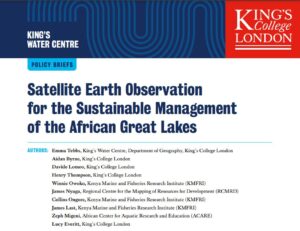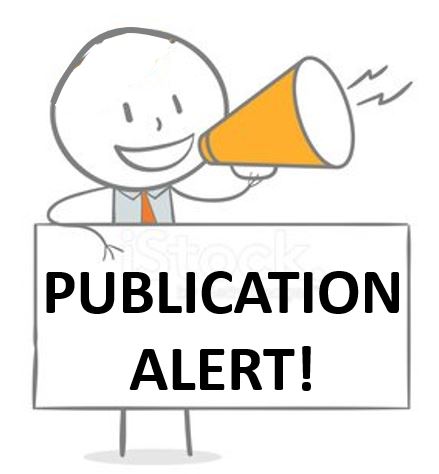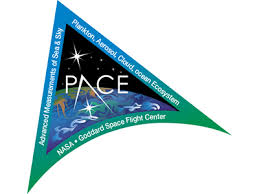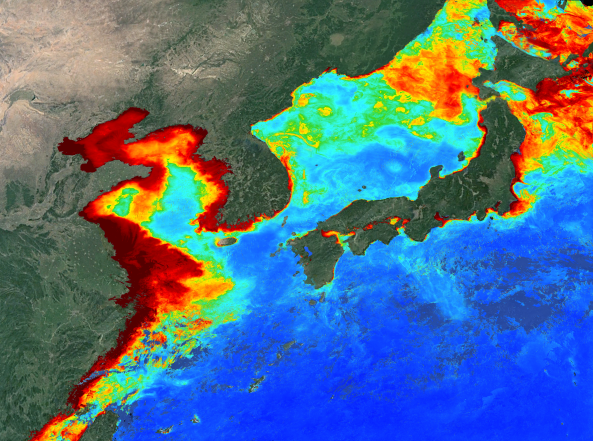
Congratulations to GEO AquaWatch Steering Committee Chair Dr. Emma Tebbs, Kings College London, GEO AquaWatch Early Career Society member, James Nyaga, Regional Centre for the Mapping of Resources for Development (RCMRD), colleagues at King’s College London, Kenya Marine and Fisheries Research Institute (KMFRI), and African Center for Aquatic Research and Education (ACARE), and for their recently issued Policy Brief on the use of EO for management decision-making in African Great Lakes. Thanks for leading the charge on Water Quality EO for the benefit of society! You can find their policy brief here.




 Water Temperature
Water Temperature Chlorophyll a
Chlorophyll a Winds
Winds Altimetry
Altimetry 12 MAY
12 MAY 
